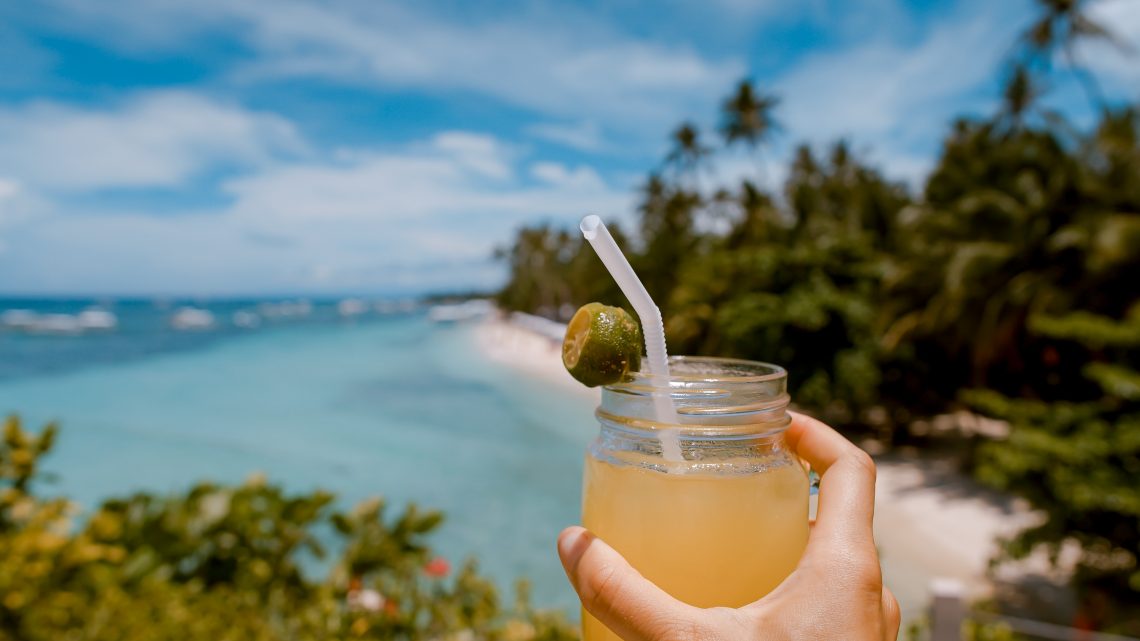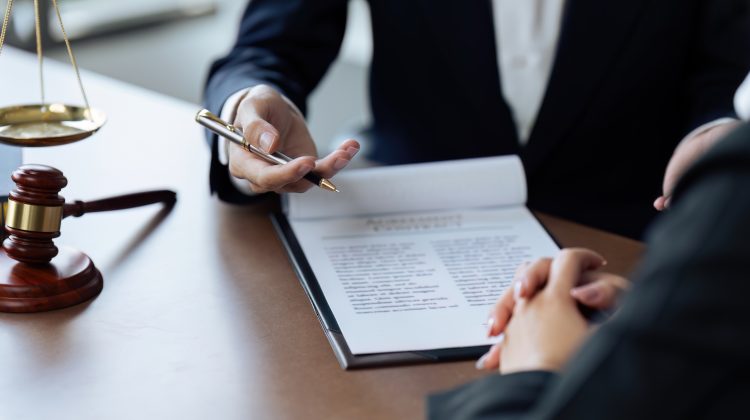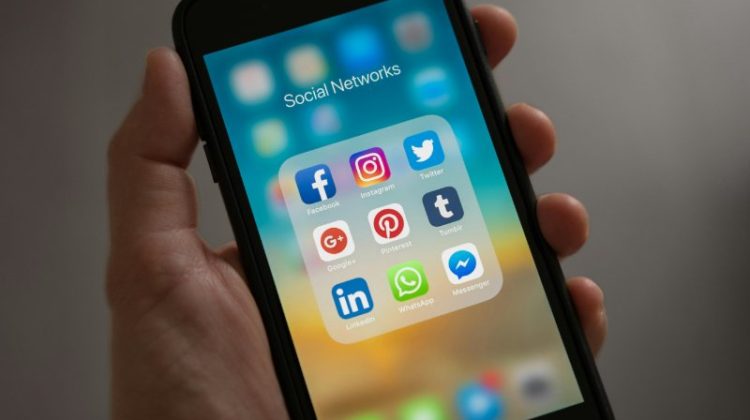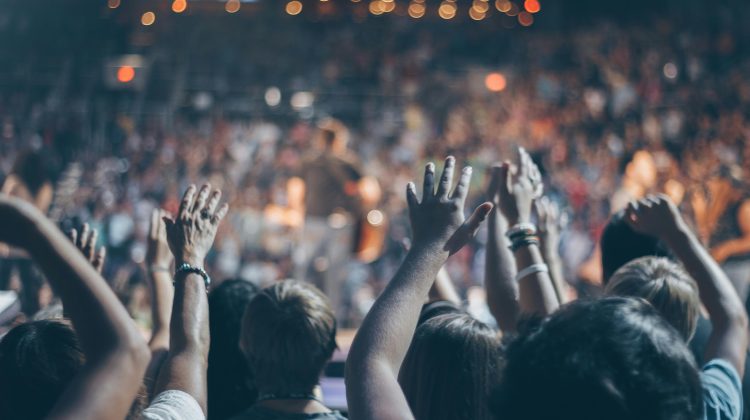With the summer months come sunshine, higher temperatures and for many, a relaxing getaway. According to AAA.com, an estimated 100 million Americans are planning to take a family vacation this year. Unfortunately, there have been numerous reports in the news of tourists falling ill or dying while on vacation, primarily in the Dominican Republic. According to a Los Angeles wrongful death attorney experienced in these types of claims, “Wrongful death is the most devastating possible outcome of someone else’s negligence.” As of July 2019, there have been 12 American tourists that have died in the Dominican Republic under suspicious circumstances, including the possible ingestion of fake alcohol.
In the United States, counterfeit alcohol is rare due to a three-tiered regulatory system. This closed distribution model requires alcohol to come from a licensed manufacturer, which then goes to a licensed distributor, and finally ends up with a licensed retailer. Because of all of the red tape that surrounds alcohol distribution in America, it’s rare for a contaminated or adulterated product to reach the consumer. For many other countries, including the United Kingdom and the Dominican Republic, alcohol regulation is still a process that’s yet to be mastered.
Even if visiting the Dominican Republic isn’t on your bucket list for vacation spots, it’s important to know the signs of fake alcohol to protect yourself when you’re visiting new destinations both in the United States and outside of it.
Examine the label
Take a moment to examine the label of the bottle that your drink is being poured from. Are the graphics different from versions you’ve seen before? Does the label look like it’s made from cheap materials, such as paper? Or are there very obvious spelling and grammar mistakes? If you can answer yes to any of these questions, rethink your order and opt for a beverage that is properly and securely sealed
Look for a duty stamp
More common in the United Kingdom, a duty stamp is applied to spirits or fortified wines that have a strength of 30% alcohol by volume (ABV) or more. This stamp also signifies that the excise duty has been legally paid for and has been approved for distribution. The stamp will be incorporated into the label design or stuck on the glass. If one isn’t present, there’s a good chance that what you’re about to sip on was illegally obtained and may not be legitimate.
No seal, no deal
If you’re drinking bottled beverages such as beer or wine, ask for a new bottle and for it to be opened in front of you. With open bottles, it’s hard to decipher whether the alcohol has been tampered with or replaced with an off-brand version in a branded bottle. Also, while homemade alcohol sounds like a once-in-a-lifetime experience, it’s not worth the risk to drink a mixture of ingredients you’re unfamiliar with.
Download a barcode app
Not sure if that bottle of vodka is legitimate? Download a barcode app to give yourself peace of mind. Counterfeit bottles can have fake barcodes printed on the back of the bottle to make them seem more realistic. If you’re unable to scan it yourself, ask the bartender to scan your beer bottle for you.
Skip the minibar
At many hotels and resorts, it’s common for rooms to have their own minibars for guests to enjoy a cocktail in the comfort of their own room. While most of these minibars are stocked with palm-sized bottles, some do provide larger bottles that are regularly topped off (but not emptied or cleaned!) between guests. These bottles could be refilled with a different, generic brand of alcohol that looks similar to what is already in there. If the bottles in your minibar aren’t sealed, close the fridge and venture out of your room to look for a different option.
Going on vacation is the time to forget about the stresses of daily life and unwind with your loved ones. But while blowing off some steam, it’s important to be aware of your surroundings and the activities you’re participating in, especially when it comes to alcohol use. Be sure to keep these 5 tips in mind before you take a sip of that ice-cold tropical drink. As the saying goes, it’s better to be safe than sorry!





No Comment